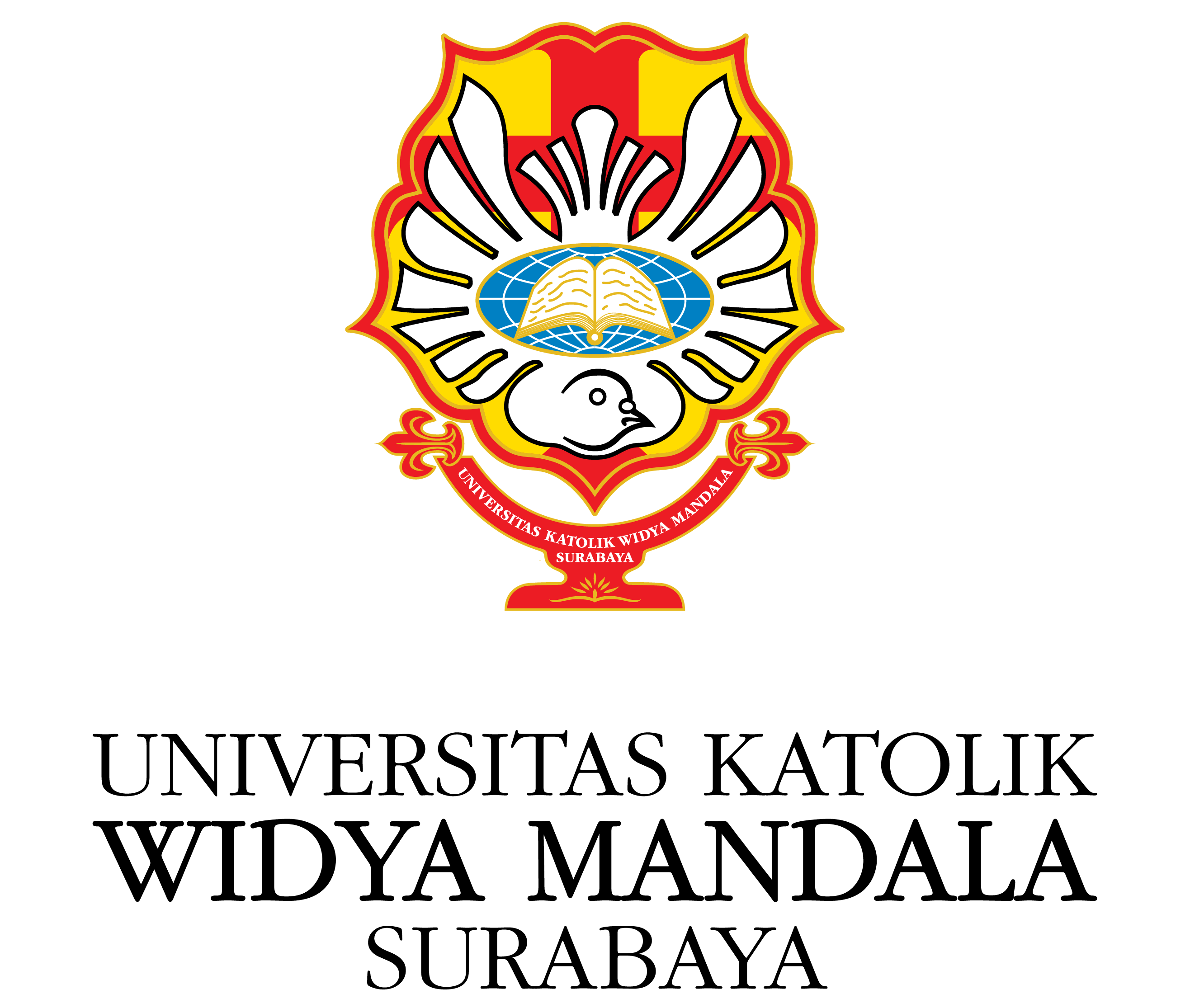The Department of English Language and Literature was established on September 1, 1962. In 1984 in Surabaya, the Department of English Language and Literature was changed to the English Education Study Program.
In January 1969, the Department was expanded and was able to open a branch in Madiun. In 1976, Widya Mandala Surabaya Foundation decided to no longer manage the Department. The existing students were transferred to the Department of English Language and Literature, Faculty of Teacher Training, UKWMS in Surabaya.
This study program was established to realize the ideals of WMCUS as stated in the Statute Chapter II Article 2 paragraphs 1 and 2. By achieving these institutional goals, UKWMS (through the English Education Study Program) can assist the Indonesian Government in its efforts to provide English teachers in elementary, junior high, and high schools. As a superior English education study program in East Java, PSPBI FETT UKWMS aims to organize the education of prospective English teachers at the undergraduate level (S1) to produce professional teachers who are creative, have characters who care about others, are committed, and enthusiastic in carrying out the teaching profession, and have a passion for lifelong learning.
At the national level, the English Education Study Program received Accreditation Status “Excellent (Unggul)” through LAMDIK No. 775/SK/LAMDIK/Ak/S/VII/2023. Previously, as of August 1, 2022, PSPBI UKWMS has been internationally certified at the ASEAN level, through AUN-QA (Asean University Network Quality Assurance Standard).

